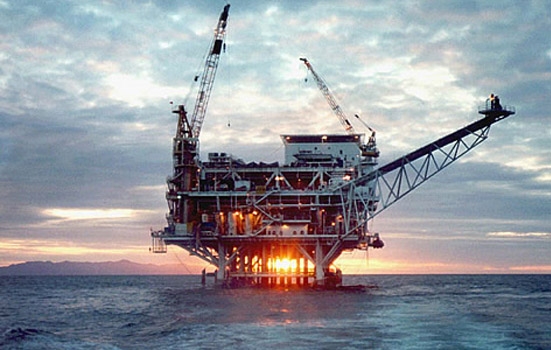Lebanon’s first gas tender, set to take place in February 2013, is expected to attract more than 40 international oil companies, as per newswires.
This comes within the context of indications that the country could have more gas reserves than those previously declared, as per the same sources.
According to the British-based company Spectrum, which has conducted a 3-D seismic assessment survey of the Southern shore of Lebanon, the initial size of the natural gas reserves in the 3,000 kilometer square zone surpasses 25 trillion cubic.
Furthermore, this area alone is larger than those discovered in Cyprus as well as Syria, combined, as per Spectrum. The company added that there might be more natural gas in territorial waters in the Northern part of the country.
Should everything occur as planned, Lebanon has the capability of initiating gas extraction in 2014 and in 2017, the country would be able to pump this gas. Noteworthy is that a team from Spectrum visited Lebanon a few weeks ago to assess the potential of oil and gas onshore. It scouted some areas and declared that it intends to start 2-D seismic surveys onshore to examine the presence of oil and gas in these regions.
The World Energy Council commended the Cabinet’s decision to launch the gas tender while emphasizing on the importance of transparency in the book of specifications and their international criteria.
The same sources indicated that any oil company striving to establish a foothold in Lebanon might need to invest between US$ 300 million and US$ 1 billion in order to extract gas and oil off the coast.
According to newswires, the oil companies themselves will reportedly do all the necessary investments in the construction of oil platforms. In principle, each gas well will be handled by a consortium of companies to ensure there is no monopoly. All the costs of exploration and extraction will rest on the shoulders of the companies. Once the quantities of gas have been established, the Petroleum Administration and the companies will negotiate the distribution of this wealth.
A country usually gets the lion’s share of the oil and gas wealth and the remainder is divided by the international oil firms and this would have positive spillovers on the government’s accounts.
Lebanon Weekly Monitor – Bank Audi Research
8 January













































































